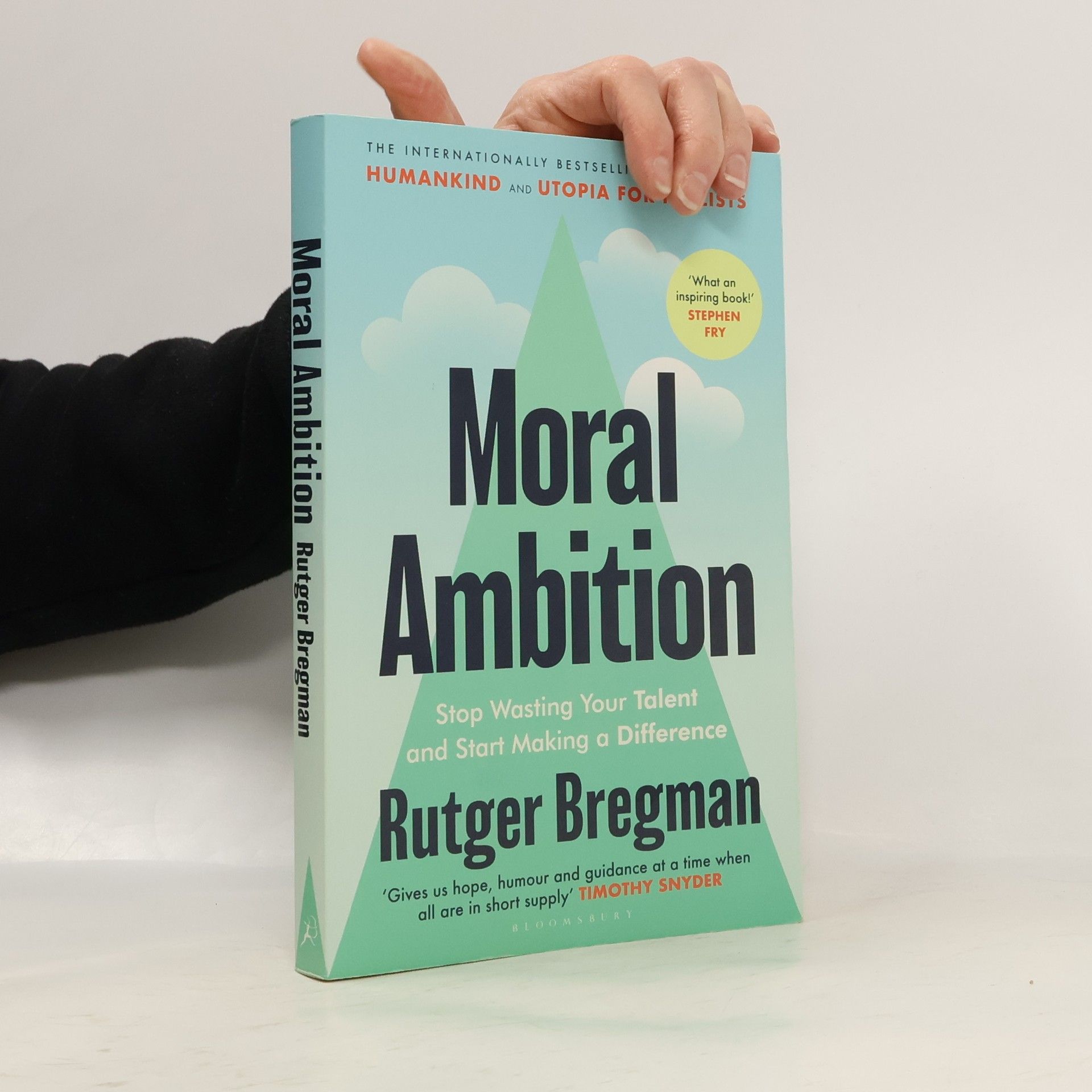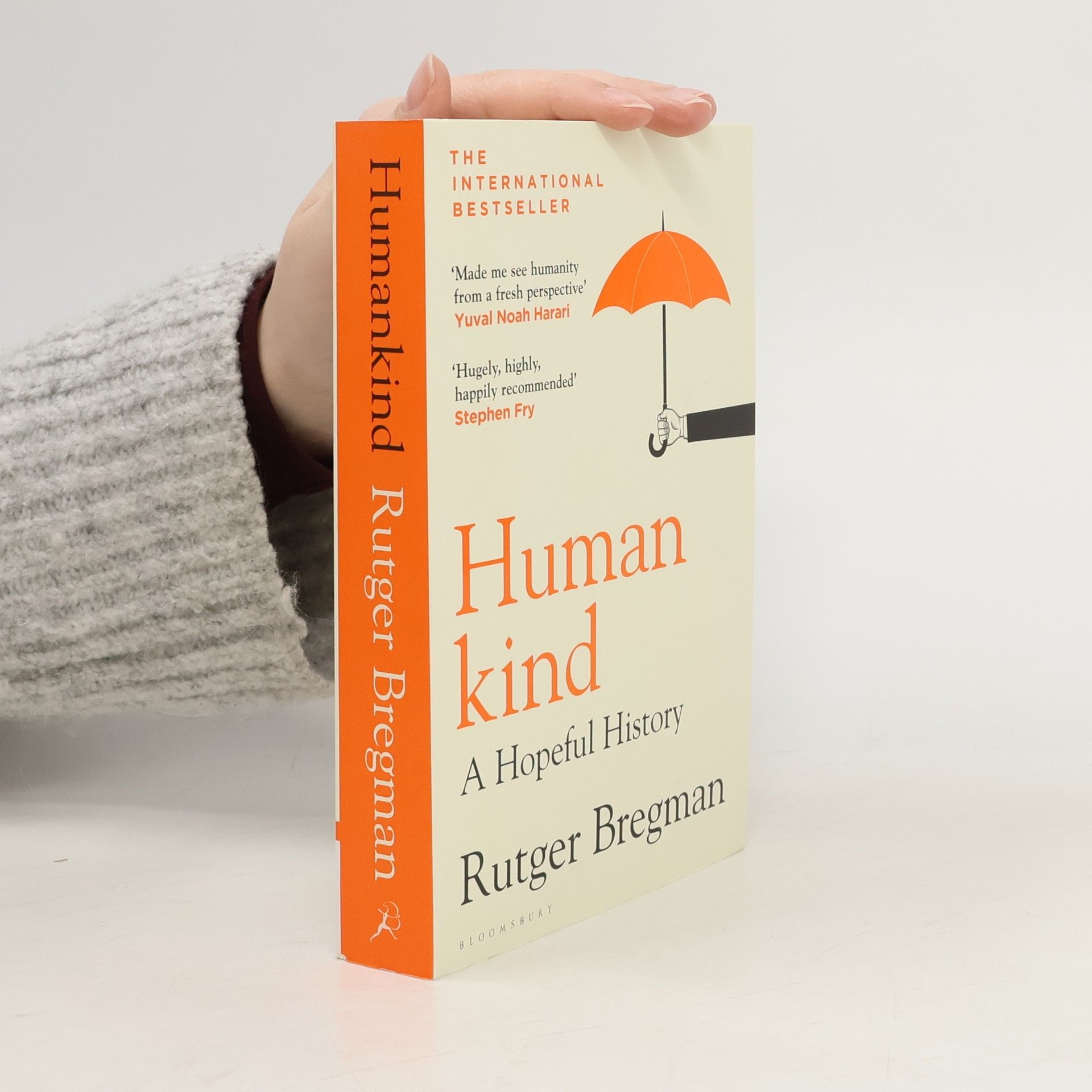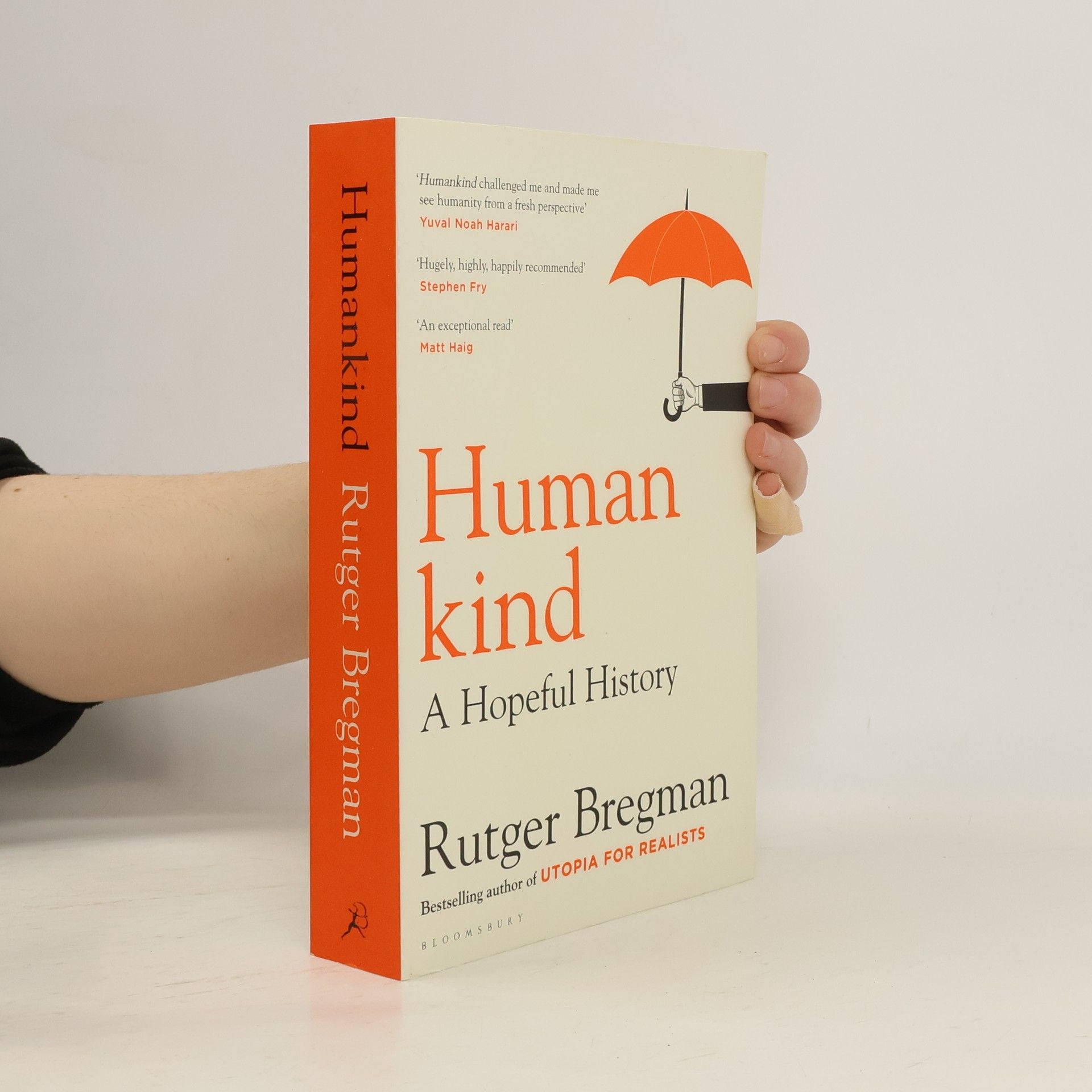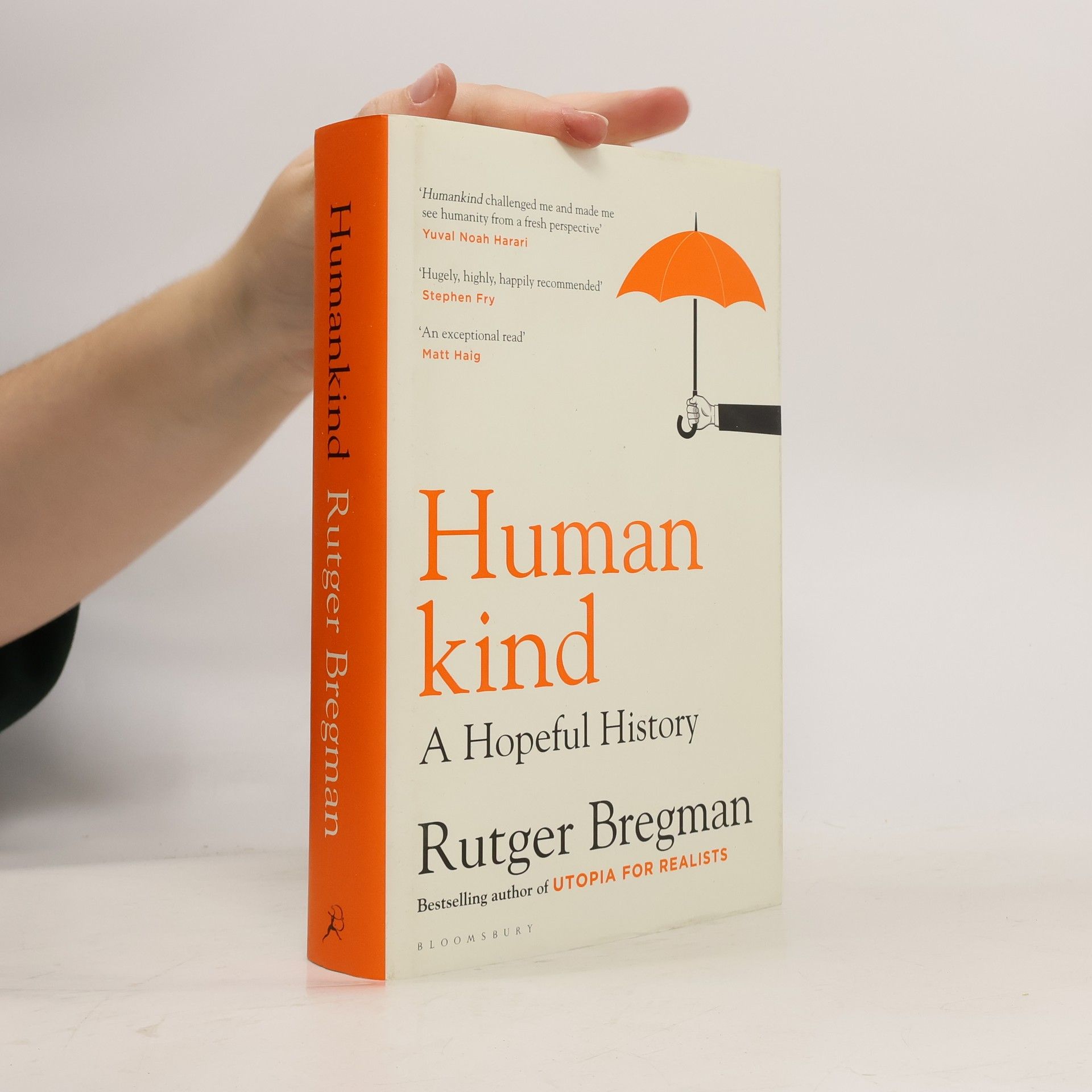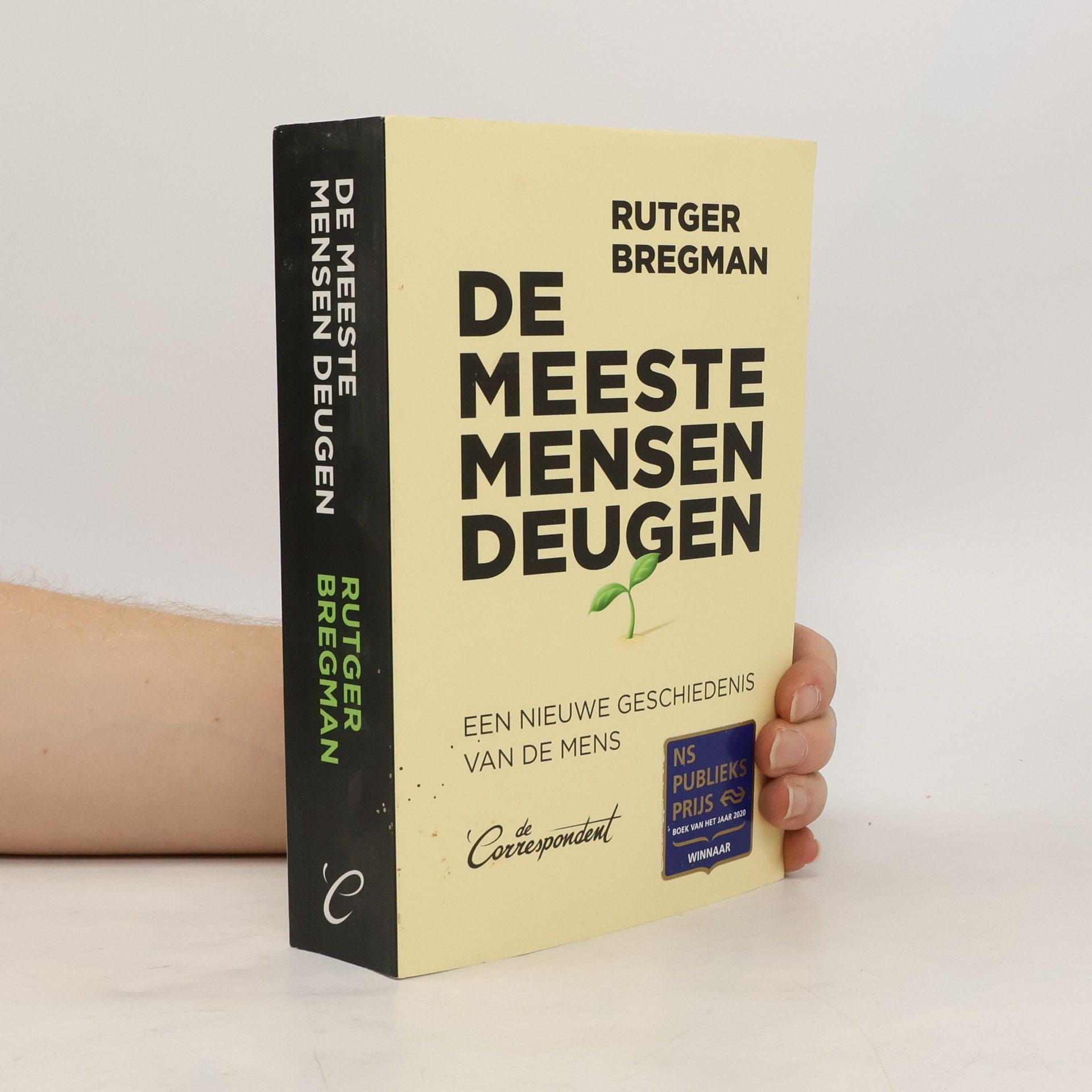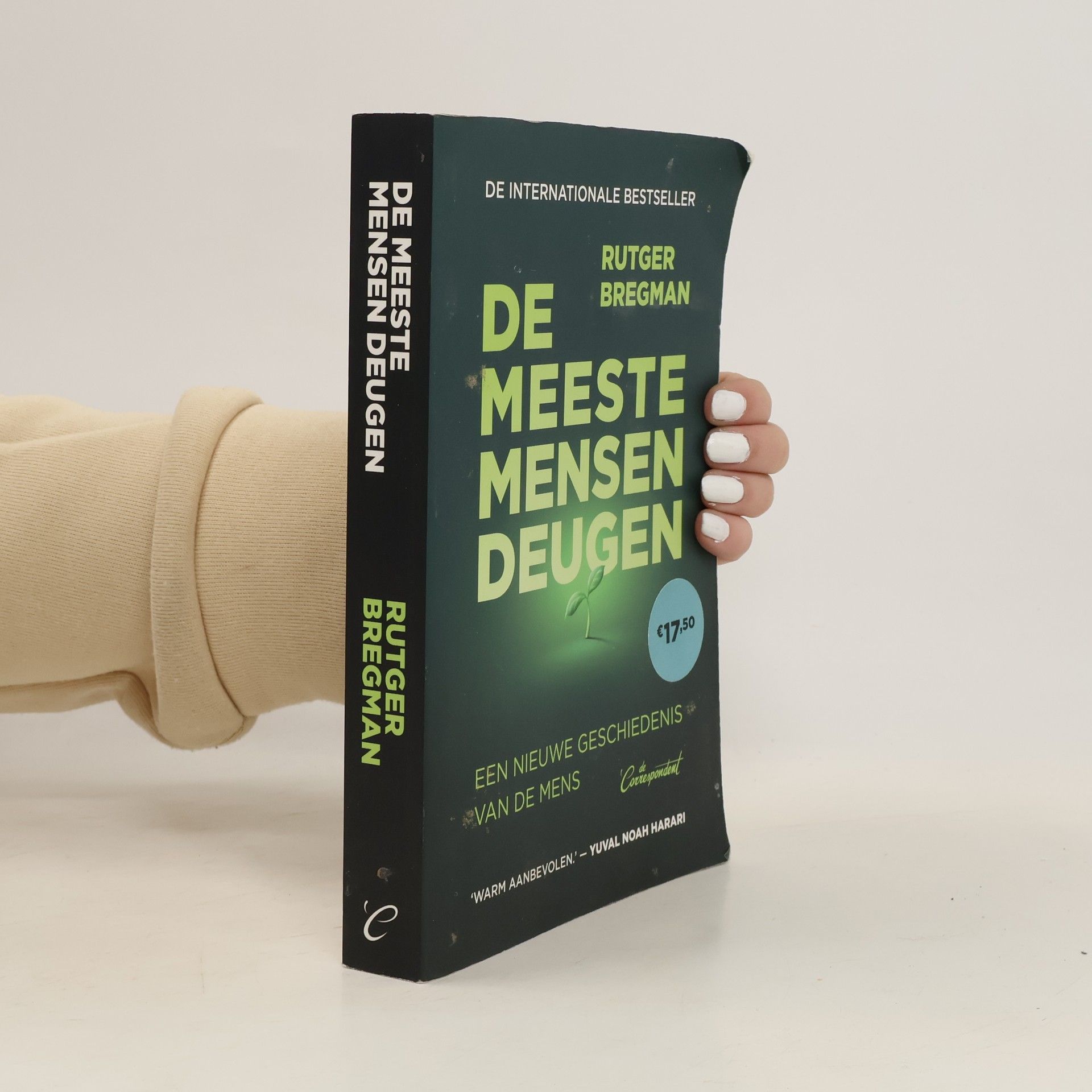Utopies réalistes
- 248pages
- 9 heures de lecture
Ouvrir les frontières, instaurer une semaine de travail de quinze heures, mettre en place un revenu de base universel... Ces idées sont-elles dépassées ou incarnent-elles une utopie renouvelée ? Résolument anti-décliniste, l'ouvrage nous guide sur la voie de la construction d'un monde idéal, sans désespoir. À travers des exemples concrets, comme une ville canadienne ayant éradiqué la pauvreté et l'initiative de revenu de base sous Nixon, Rutger Bregman nous entraîne dans une exploration historique. Il défend des idées qui transcendent les clivages traditionnels gauche-droite, s'appuyant sur des travaux d'experts tels qu'Esther Duflo et Thomas Piketty. Chaque avancée de la civilisation, de la démocratie à l'abolition de l'esclavage, a d'abord été perçue comme un rêve utopique. Cet essai stimulant et pédagogique rouvre des perspectives sur la réduction du temps de travail, le revenu universel, la lutte contre la pauvreté et les inégalités, la taxation des flux financiers, et l'ouverture des frontières. L'enthousiasme de l'auteur, à contre-courant du pessimisme ambiant, nous pousse à envisager des propositions utopiques réalisables à court terme. Historien et journaliste pour De Correspondent, Bregman a publié plusieurs ouvrages sur l'histoire, la philosophie et l'économie.


